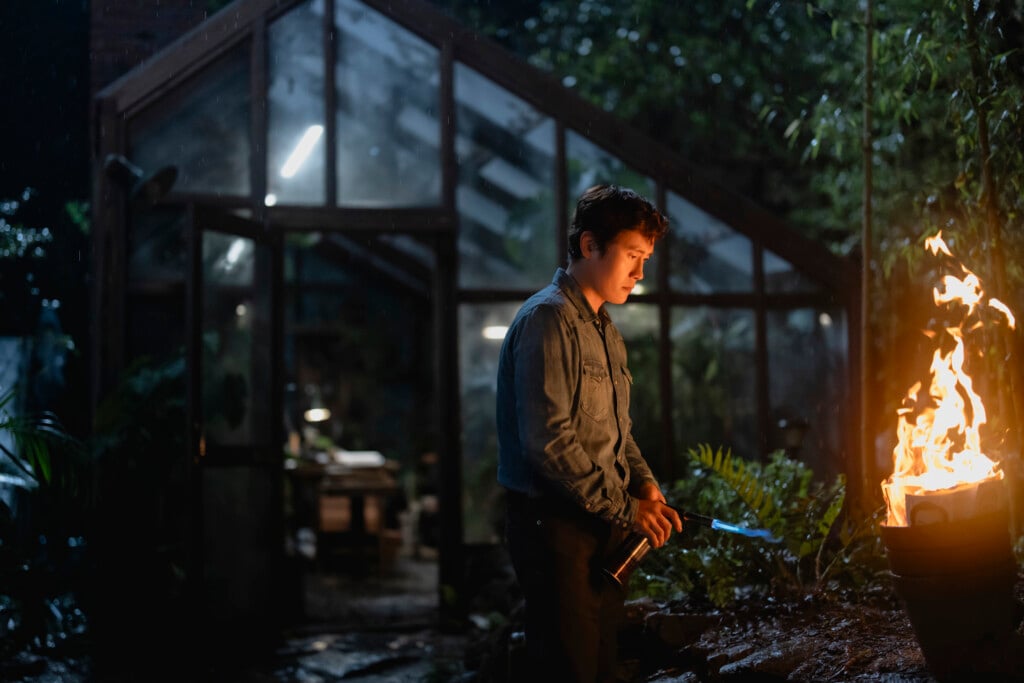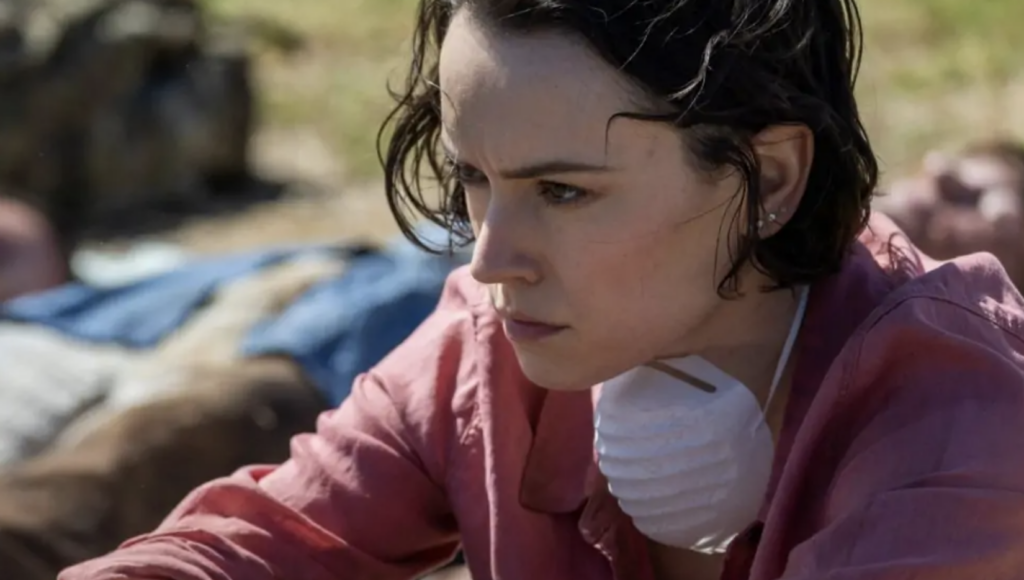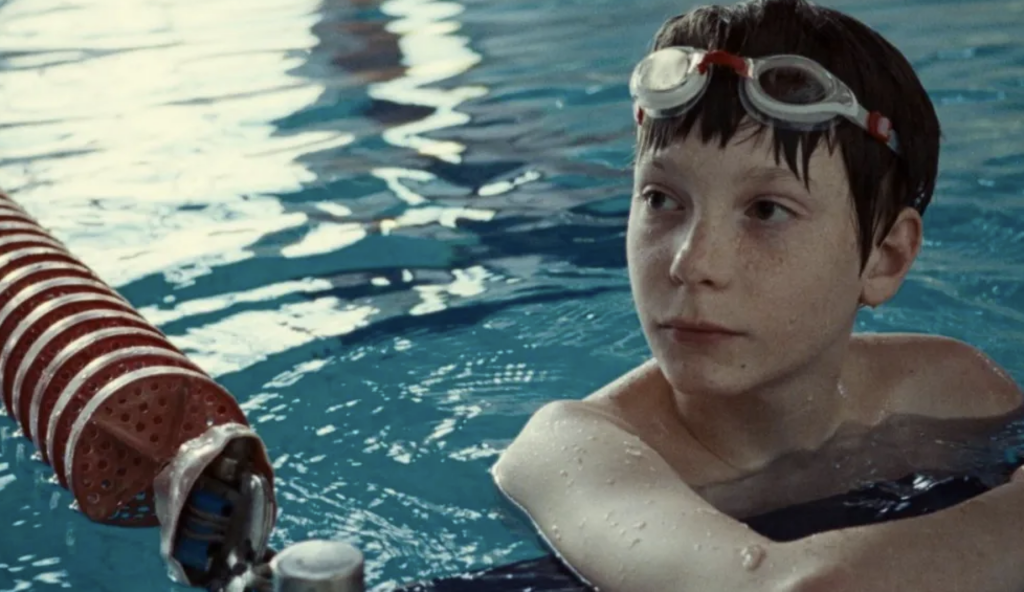KU Film & Media instructor takes Garden City, Kansas terrorism documentary to KC Film Fest International
The film goes in-depth behind a white nationalist plot that threatened to destroy Garden City in 2016.
Bob Hurst knew that hundreds of filmmakers from across the globe apply to Kansas City Film Fest International every year. He teaches film and video production at KU and his documentary Garden City, Kansas will premiere there this weekend. The movie takes a fresh look at a small, midwestern town and goes in-depth behind a white nationalist plot that threatened to destroy Garden City in 2016.
He expects the KC audiences to be especially impacted by his doc since it took place only a day’s drive from where they live.
The film is based on a tale that reached national news in 2016, after the plotters were arrested thanks to a man working with the FBI who went undercover to stop them.
Hurst and his team talk with the double agent and use testimony from the court hearings to give a complete picture of what happened. They highlight this diverse midwestern town, talking to many different “characters” throughout the documentary. Audiences see why Garden City is unique amongst midwest towns and why waves of immigrants have chosen to put down roots there.
Garden City, Kansas will be shown at KC Film Fest International March 29. Gold Passes and tickets for individual showings are available now.
The Pitch: What are the origins of this story?
Bob Hurst: There were three men who were charged with conspiracy to use a weapon of mass destruction, and they were arrested in the fall of 2016, just before the general election. I read about that in the news, and I just sort of filed it away. I came back to it in the spring of 2017 just because I’d heard things about Garden City and about what a different place it was. What’s up with this community where there are 35 languages spoken in the public schools, within a small town in southwest Kansas?
Why are immigrants drawn to Garden City?
Nancy Harness, the former mayor of Garden City says [the city] understood that if they didn’t welcome immigrants in, the town would eventually die. So, when they said yes to the Tyson beef processing plant in 1980, that was an acknowledgment that they had to grow.
How do you get in contact with an FBI informant?
At first, we were just in contact with regular working people in Garden City and people who were affected by the bomb plot. Eventually, it was through a reporter for High Plains Public Radio that we got in contact with him. She had a telephone number and agreed to put us in contact. We had several long conversations with him about his role and what happened in the terrorism plot. Some of the information is taken straight from court testimony. We attended the trial in 2018, and that’s, more or less, what we drew the story from.
Who else do you feature in the documentary?
The film is really about Garden City. The screen time of the plot is only about 12 minutes of the entire film. It’s a story of these huge transitions in immigration policy changes in the first years of the Trump administration, which created a lot of uncertainty and fear among people. It’s a town that has sustained itself through immigration, but both political and social changes could endanger the model they’ve been using for decades.
What did you find when you were filming in Garden City? Was it different from other places that you have been in Kansas?
It’s an incredibly diverse town for only about 25,000 people. I mean, there are a lot of people from Mexico and Central America, but there are so many people from Horn of Africa countries because those people arrived in the late 90s and early 2000s, and established footholds. You see this in the ethnicity of the restaurants but also in the different celebrations that take place. For example, there’s a big Vietnamese New Year celebration every year. That’s not part of the stereotype or expectations for a small town deep in the Midwest.
How much time did you spend in the city on production?
We made a couple of dozen trips there over three years. That was for figuring out who the main characters were, the stories that were interesting, and how we would put those stories together—just to get a sense of the rhythm of the year and what happens in the city.
What does it mean to you to have this film featured in KCFFI?
I think it’s great because there’s a big connection between Kansas City and Garden City. There are a lot of people who have moved to Kansas City from that part of the state. The editor in the film lives in Kansas City, and I just have many personal and professional connections. So, it’s just a perfect place to have this film screening, and we’re very excited about it.
What is next for the film?
We’re working on a dramatic adaptation of the film with a company called Endgame Entertainment in Los Angeles. That would be a scripted version that would focus more on the crime. I mean, it’s early in development, but right now, we’re looking at putting talent together, getting a director, getting a screenwriter. It’s exciting but hese things can fall apart at any minute, so I try not to get too excited. I’m trying to focus on the festival because it’s time to get it in front of an audience.







